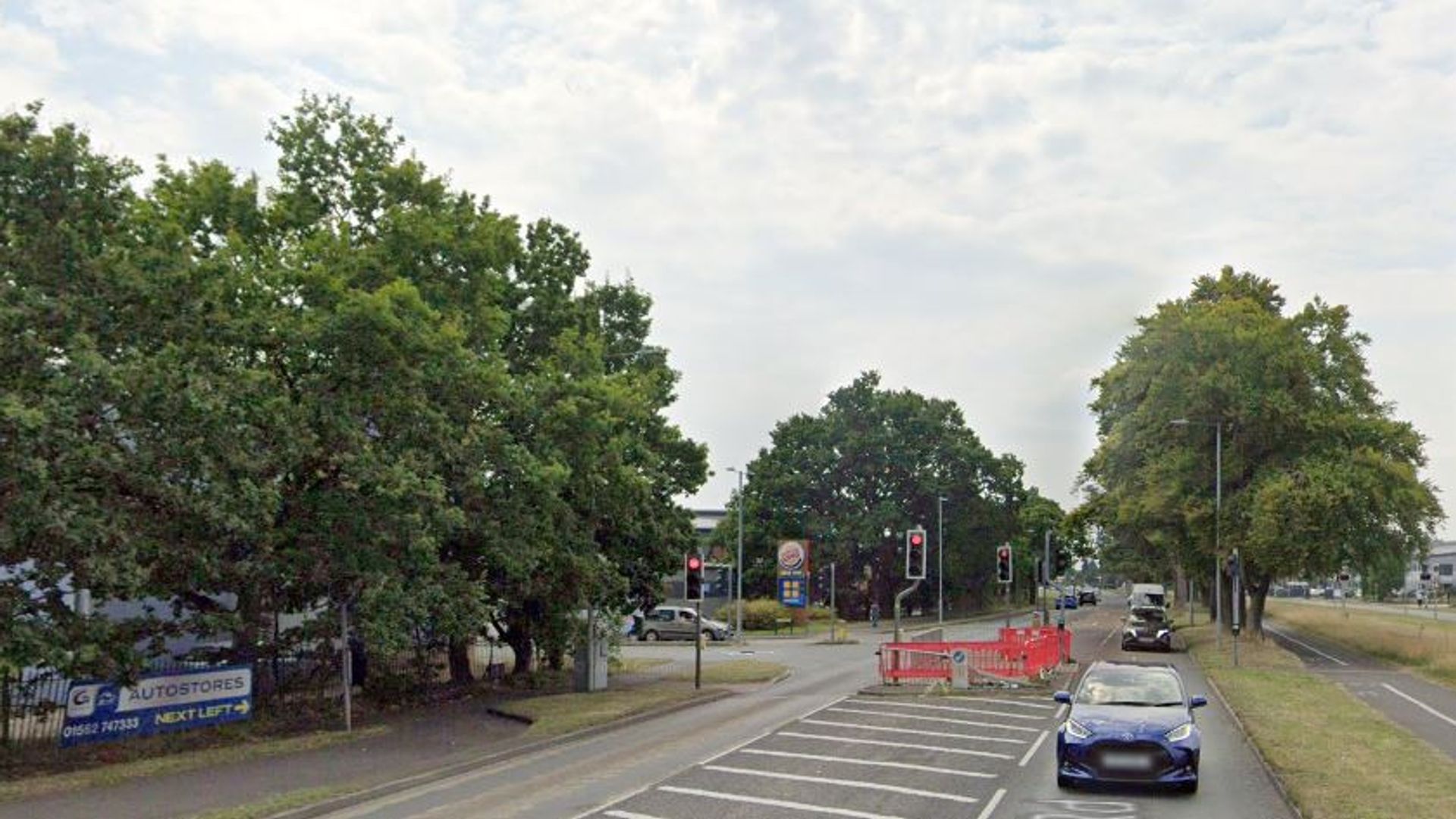
The new mayors of Auburn, Biddeford and Portland see tackling the housing affordability crisis in each of their cities as a top priority as they start their terms.
Jeff Harmon, Marty Grohman and Mark Dion were all voted in partially due to their housing plans in an election that came after a state-sponsored report released this fall showed that at least 76,000 homes need to be constructed by 2030 in order to address a backlog in housing production and account for population growth.
Their cities are all facing different sets of challenges, from homelessness to local disagreement about how they should grow. But these mayors and other local officials will be on the frontlines of building new homes in places where many are expected to settle.
Here’s how they would tackle this crucial policy area.
Auburn
Development was the top campaign issue in Auburn this year. Mayor Jason Levesque got national recognition for liberalizing the city’s housing laws, while Harmon emerged as an activist against Levesque’s plans for more construction around the Lake Auburn watershed and on agricultural land.
Harmon, a retired Maine State Police deputy chief and Auburn police officer, prevailed on Tuesday, winning a decisive 62 percent of votes. He said it was a message that “it’s OK to have growth so long as it’s planned, and there’s an inclusive process to do it.”
“I’m in favor of growth. I’m not opposed to additional housing,” Harmon said. “I think it needs to be smart growth.”
As mayor, Harmon has said he’ll focus on constructing more senior, workforce and low-income housing in Auburn, as well as the high-end or market rate apartments unaffordable to the vast majority of the city’s residents.
Harmon plans to establish a commission to create a housing strategy for Auburn in the coming years that would include councilors, policy experts and residents, he said Wednesday.
“We need to take a more granular approach,” he said. “We need to have far more community engagement in examining zoning and what zoning changes we might need to accomplish the goals we might set.”
Biddeford
Grohman, a city councilor and former state representative who runs a trade group for environmental businesses, was elected Tuesday to become Biddeford’s first new mayor in 12 years.
The former milltown that has seen something of a renaissance in the past decade. New development and a flourishing food scene has attracted an influx of new residents, making it difficult to find and finance a home here, Grohman said.
“It’s a major, major priority,” Grohman said of the city’s housing shortage. “We have a lot of work to do. We’re chugging along, but we’ve got some catching up to do.”
Though there are nearly 1,500 new housing units in development right now in Biddeford, Grohman said only 39 units are designated as affordable right now. About 500 will be market-rate efficiency or studio apartments aimed at housing Biddeford’s workforce, he said.
Grohman said his priorities on taking office will be to clarify the city’s permitting process and make sure there aren’t any bureaucratic holdups. He also wants to focus on constructing starter homes for the young families and couples.
Another focus will be on finding homes for around 50 homeless people in Biddeford. Grohman said a local nonprofit, Seeds of Hope, has been doing some good work connecting with those people, making sure they get food and clothes on weekday mornings.
As a city councilor, Grohman was able to help get a recovery coach staffed at the nonprofit, but he said there’s room to do more.
“There’s a lot of opportunity that can happen pretty promptly to do some more counseling in that interaction, and offer that, so when people are ready they can make that leap,” Grohman said.
Portland
After a runoff election, Councilor Mark Dion prevailed in the race for mayor Wednesday morning over four other candidates.
Dion was unavailable for comment on Wednesday, but he said Monday that tackling housing affordability and homelessness in Portland is a top priority. Portland is Maine’s largest city, and rents and home prices there are some of the highest in the state.
During the campaign, Dion clashed with Councilor Andrew Zarro, the runner-up, on housing policy. After Zarro called for 12,000 new housing units in 10 years, Dion said that goal was unrealistic. In a September debate, he said the city should increase density along busy corridors but cautioned that rezoning must take the concerns of neighborhoods into consideration.
The mayor-elect is already at odds with some colleagues on how to tackle homelessness in Portland. Over the weekend, Councilors Roberto Rodríguez and Anna Trevorrow submitted a proposal to lift the city’s anti-camping ban for the winter, allowing homeless people to sleep in tents or parked vehicles on public property, with some exceptions, until April 30.
The policy will be read to the council and voted on next Monday. But Dion, who will be sworn in next month, has said the policy is a step in the wrong direction. He supports so-called sweeps of homeless encampments “on a schedule and with adequate notice” alongside a push to get people sleeping outside into shelters or detox programs.
“I think it’s straightforward as to what I think the city’s responsibility here is. It may not be popular in some corners, I accept that, but I for one am not going to stand and say, ‘OK, let’s let them sort this out over the winter and see how that works out,’” Dion said Monday.











